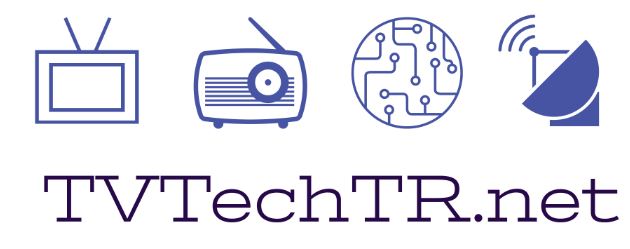Once again digital radio, an interview with Attila Ladanyi, CTO of T & C Holding and Board Member of the RDS-Forum.
Paris / January 2014 As you may noticed, I posted two interviews on digital radio, one of which is with Mr. Patrick Hannon & the second is with Ms. Ruxandra Obreja. I am pleased to say that both interviews were very informative for me & also for the Turkish market. I was working on the digital radio transition project professionally when I posted those interviews. After a change in my position, although I am not directly involved in the project any more, I keep following the progress and still try to understand the technology. This is the third interview with the same 4 questions. Mr. Attila Ladanyi is the CTO of T & C Holding and also a Board Member of the RDS - Forum. The photo in this post is from Paris. 1. There are many examples of digital radio transitions all over the world. Some are great success whereas some are total fail. I think there is not a one-right-path to follow. What do you recommend us, I mean in Turkey, with all those experiences? ...
